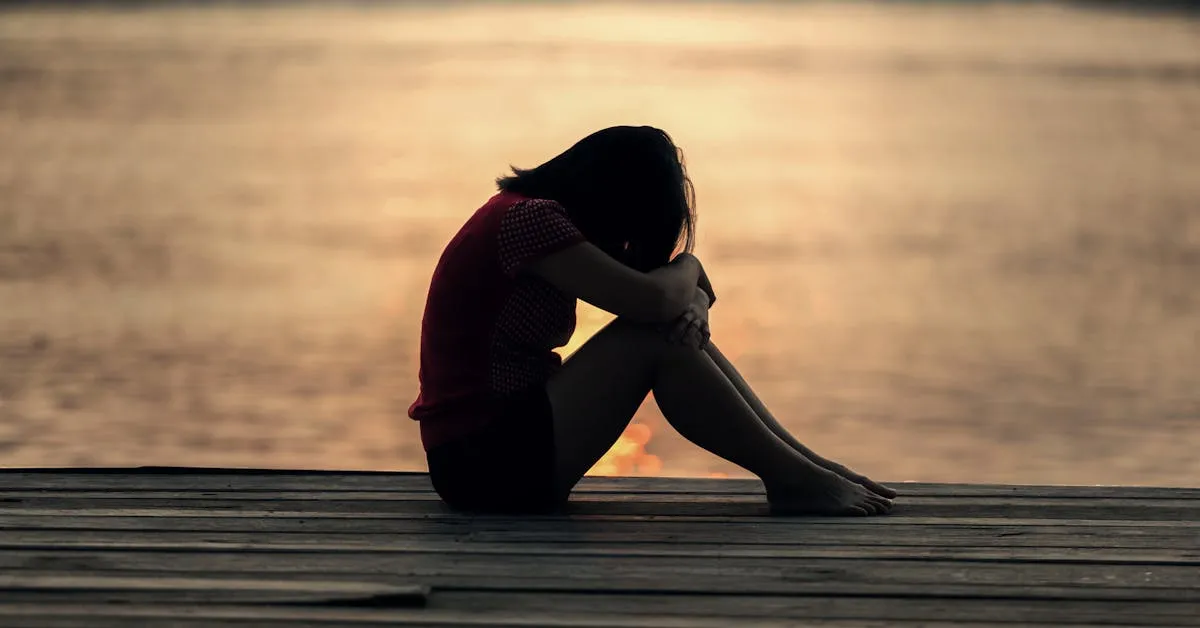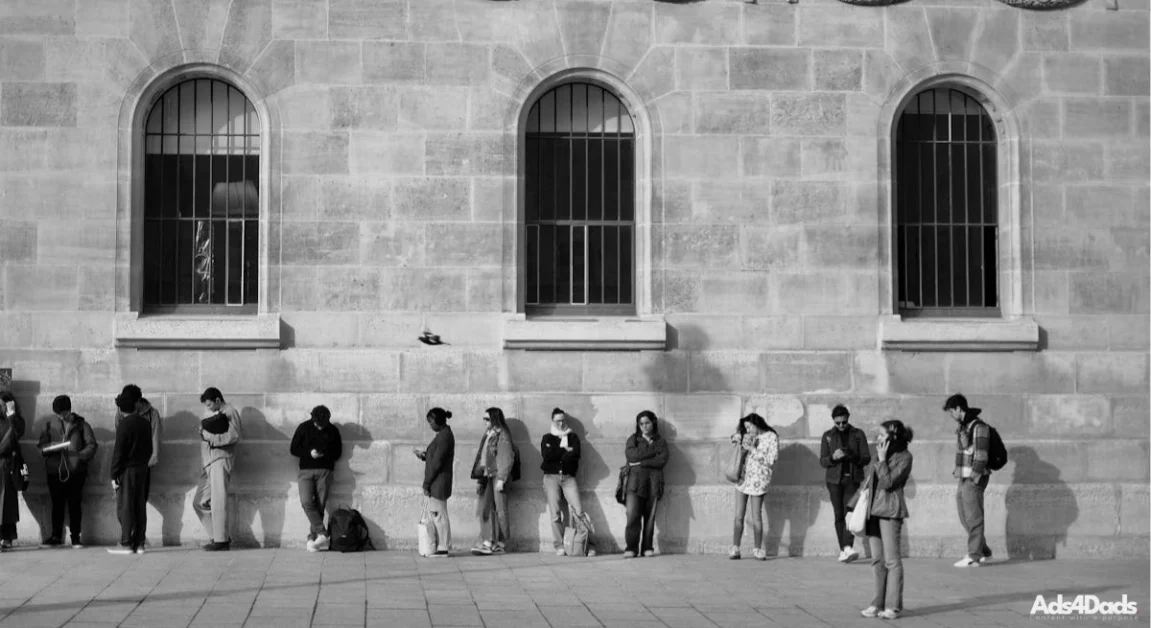During my teenage years, I experienced deep loss and failure that led me into a spiral of depression. It felt like I was stuck in a place I couldn’t escape from. Though things improved by God’s grace, another painful loss in my early twenties brought me right back to that dark place. Loss has a way of revisiting us, especially when we haven’t learned how to process it in a healthy way.
How Our Past Shapes Our Present
I was fortunate to grow up in a loving home with a decent emotional foundation. But despite those blessings, I was never taught how to handle pain, loss, or disappointment. My childhood was cut short by divorce and related disruptions, and like many others, I had to figure things out on my own. I still consider my upbringing a blessing but I now realize that even a good childhood doesn’t shield us from emotional trauma.
Early trauma affects everything: how we relate to others, how we handle conflict, how we see ourselves. That’s why seeking help is essential. Without it, we stay trapped in the same emotional cycles, never truly experiencing freedom or growth.
What Being Emotionally Stuck Looks Like
You’ve probably encountered someone who never seemed to grow up. What looks like immaturity is often unresolved trauma, they’re stuck at the age where the pain began. They may not know why they swing from joy to despair or why unhealthy habits have become a pattern. Many try to numb their pain through alcohol, drugs, compulsive spending, or other risky behaviors. These responses are understandable but they don’t lead to healing.
How Pain Shows Up in Everyday Life
Some people carry deep sorrow and shame every day, hiding it behind smiles and small talk. Others express their pain outwardly through chaos on social media, toxic relationships, or even visible choices like extreme tattoos and piercings. While not all body art is pain-driven, for some, it’s a form of self-expression tied to emotional unrest.
The truth is, emotional pain has a way of leaking out. Whether we hide it or wear it on our sleeves, unresolved pain takes a toll on our health, our relationships, and our ability to move forward.
Recognize the Patterns and Take Action
If you see these patterns in your own life, I urge you to seek help. You deserve freedom. You don’t have to carry the weight of loss alone. In the meantime, take a look at our article: Are You Searching for Freedom? You will find encouragement and resources to help you along your journey.
A Healthier Way to Process Loss
When I was drowning in pain, I hoped it would simply disappear with time. And in some ways, it did. But much of the suffering lingered far longer than necessary because I didn’t have the tools to grieve properly. If I had learned early on how to process grief and loss with purpose, I could’ve begun healing much sooner.
Give Yourself Permission to Grieve
I once read a phrase in the Bible: “a time for mourning,” and it stuck with me. I later discovered that many Jewish traditions include a specific time set aside to grieve. Grief wasn’t a burden to carry alone, it was something shared with the community. And it had a time limit.
This idea changed the way I viewed pain. It helped me realize that I, too, could set a time to grieve and then move forward; not forgetting the loss, but refusing to let it define the rest of my life.
Make a Plan to Move Forward
Have you been carrying your pain for more than a year? If so, it may be time to let go and begin living again. No one else can decide that for you. Waiting until you “feel ready” may leave you stuck indefinitely.
To experience joy again, you need to plan for it. Work toward it intentionally. Your time is too precious to be spent waiting for a feeling that may never arrive on its own. You deserve happiness, and it starts with a decision to heal.
FAQs About Dealing with Loss and Pain
Allow yourself space and time to mourn. Don’t rush the process, but don’t get stuck in it forever. Consider journaling, speaking with a counselor, or joining a support group.
Look for repeating patterns of self-sabotage, emotional numbness, or unhealthy coping behaviors. These may indicate unresolved grief or trauma.
Absolutely. Counselors are trained to help you unpack difficult emotions and teach you how to process pain in a healing, constructive way.
Yes, in the sense that you can set an intention to grieve purposefully and then move forward. It’s not about forgetting, it’s about choosing life beyond loss.
Start by exploring local counseling services, faith-based programs, or online communities. You can also check out our related post: Are you searching for freedom?
Resources For Dealing With Loss & Pain
Turn up the volume for this video












